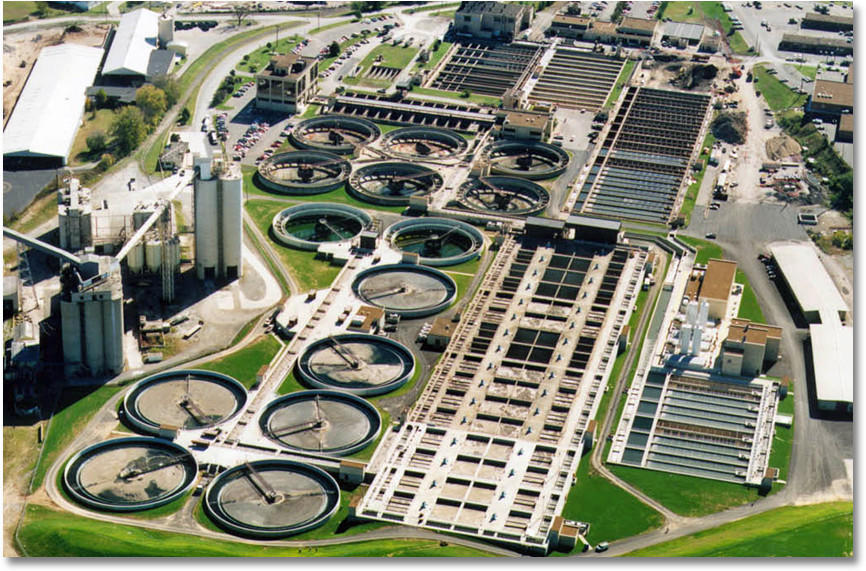
Sustainable Funding Models for Wastewater Treatment Projects
Introduction
The need for sustainable funding models in wastewater treatment projects is crucial for ensuring the long-term success and viability of these initiatives. This article aims to provide a comprehensive overview of sustainable funding models for wastewater treatment, highlighting their relevance and importance in this field. By exploring various aspects such as the historical background, key concepts and definitions, main discussion points, case studies or examples, current trends or developments, challenges or controversies, and future outlook, this article aims to shed light on the various aspects of sustainable funding for wastewater treatment projects.
Historical Background
The evolution of wastewater treatment and funding models has undergone significant changes over the years. This section delves into the historical challenges faced in funding wastewater treatment projects and the innovative solutions that have emerged. Understanding the historical backdrop is essential for comprehending the current state of sustainable funding models in this sector.
Key Concepts and Definitions
To grasp the intricacies of sustainable funding models for wastewater treatment projects, it is crucial to familiarize oneself with the key terms and concepts related to financing and funding mechanisms. This section provides an explanation of these concepts, ensuring a comprehensive understanding of the topic.
Main Discussion Points
Public-Private Partnerships (PPPs) for sustainable wastewater treatment funding
Public-Private Partnerships (PPPs) have gained traction as an effective funding model for wastewater treatment projects. This section delves into the definition and explanation of PPPs, highlighting their advantages and disadvantages. Additionally, case studies or examples of successful PPPs in wastewater treatment further elucidate the potential of this funding model.
User fees and tariffs for sustainable wastewater treatment funding
User fees and tariffs have emerged as a viable funding mechanism for sustainable wastewater treatment projects. This section explains the concept of user fees and tariffs, highlighting the benefits and challenges associated with their implementation. Case studies or examples of effective user fee systems for wastewater treatment further illustrate the efficacy of this funding model.
Government grants and subsidies for sustainable wastewater treatment funding
Government grants and subsidies play a critical role in financing wastewater treatment projects. This section provides an overview of government funding programs and initiatives, delving into their benefits and limitations. Case studies or examples of successful government-funded wastewater treatment projects showcase the impact of these funding mechanisms.
Case Studies or Examples
Examining real-life case studies and examples provides valuable insights into the implementation and success of sustainable funding models for wastewater treatment projects. This section presents three case studies: a successful public-private partnership, the implementation of user fees and tariffs in a municipality, and a government grant program supporting sustainable wastewater treatment initiatives.
Current Trends or Developments
Staying updated on the latest research findings and trends is crucial for understanding the evolving landscape of sustainable funding models for wastewater treatment. This section explores recent research findings, emerging trends in public-private partnerships, and innovations in user fee systems and tariff structures.
Challenges or Controversies
While sustainable funding models have proven effective, they are not without challenges and controversies. This section highlights criticisms or concerns regarding public-private partnerships, issues with implementing user fees and tariffs in different regions, and the ongoing debate on the role of government funding versus private investment in wastewater treatment.
Future Outlook
Looking ahead, it is imperative to anticipate potential advancements and innovations in sustainable funding models for wastewater treatment projects. This section discusses expected changes in government policies and regulations, as well as projections for the future of sustainable funding in this domain.
Conclusion
In conclusion, sustainable funding models are integral to the success and longevity of wastewater treatment projects. This article has provided a comprehensive exploration of the various aspects related to sustainable funding models, emphasizing their importance and impact in this field.